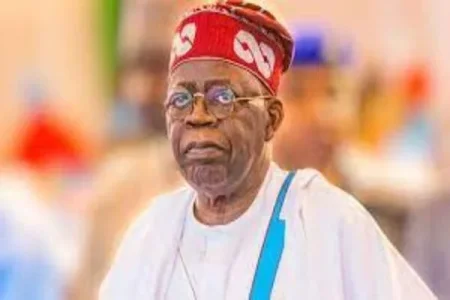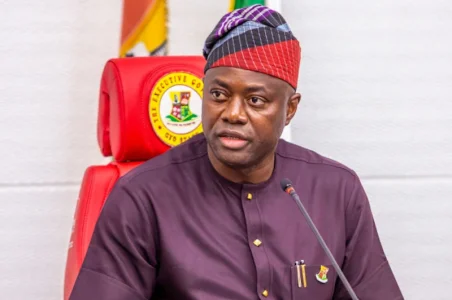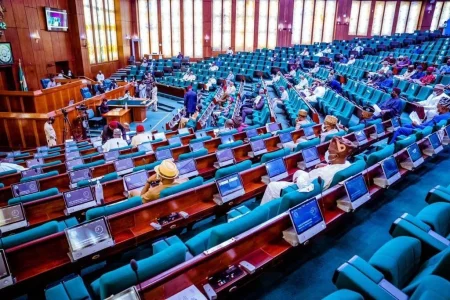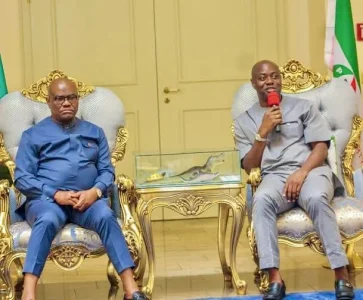
In a bold move that has ignited public outcry, the Nigerian federal government is reportedly spending a staggering N2.7 billion to sponsor a massive delegation of 1,411 individuals to the United Nations' annual climate summit, COP28, currently underway in Dubai. This financial commitment ranks Nigeria third globally in terms of delegation size, trailing only the host country UAE and Brazil.
The extensive delegation includes government officials, private sector representatives, civil society members, state governments, media personnel, and more. However, the scale of the delegation has triggered widespread discontent among Nigerians grappling with a high inflation rate of 27.33%, coupled with the government's plan to borrow over $9 billion to fund the 2024 budget of N27.5 trillion.
In response to public outrage, the Minister of Information, Mohammed Idris, clarified that the government-sponsored delegation comprises 422 persons, not the initially reported 1,411. Despite this, concerns persist about the substantial expenditure on the delegation as Nigerians continue to face economic challenges.
The estimated cost of round-trip flight tickets for the 422 delegates is approximately N824 million. While President Tinubu and a select few officials utilized the presidential jet, others opted for commercial flights, including some traveling business class. Reports suggest that private jets may have been used by senior government officials, although this claim remains unverified.
Apart from travel expenses, the federal government is providing estacode allowances based on the participants' levels. Ministers are reportedly receiving $900 per day, totaling $11,700 for the 13-day conference. With 26 ministers in attendance, this amounts to at least N248 million.
The National Assembly is also part of the delegation, with senators receiving $950 per night and members of the House of Representatives getting $900, resulting in an estacode cost of N381 million. Additionally, special advisers to the president will receive $800 per night, costing the government N110 million.
The list of delegates includes 14 Director-Generals of various agencies, each receiving $500 per night, totaling $74 million. Permanent secretaries and officials at different levels will also receive estacode, contributing to an estimated additional N1.072 billion in allowances.
Defending the sizable delegation, the federal government emphasizes Nigeria's significant stake in climate action as the continent's largest economy and most populous country. However, critics argue that the number of delegates far exceeds the necessity for effective representation and negotiation at COP28.
As the summit unfolds, questions persist about the delegation's understanding of complex climate negotiation processes. With over 97,000 in-person participants and 3,000 virtual attendees, COP28 has become a global stage for climate discussions, but concerns remain about the effectiveness of Nigeria's approach in light of the economic challenges faced by its citizens.
Source: Premium Times




